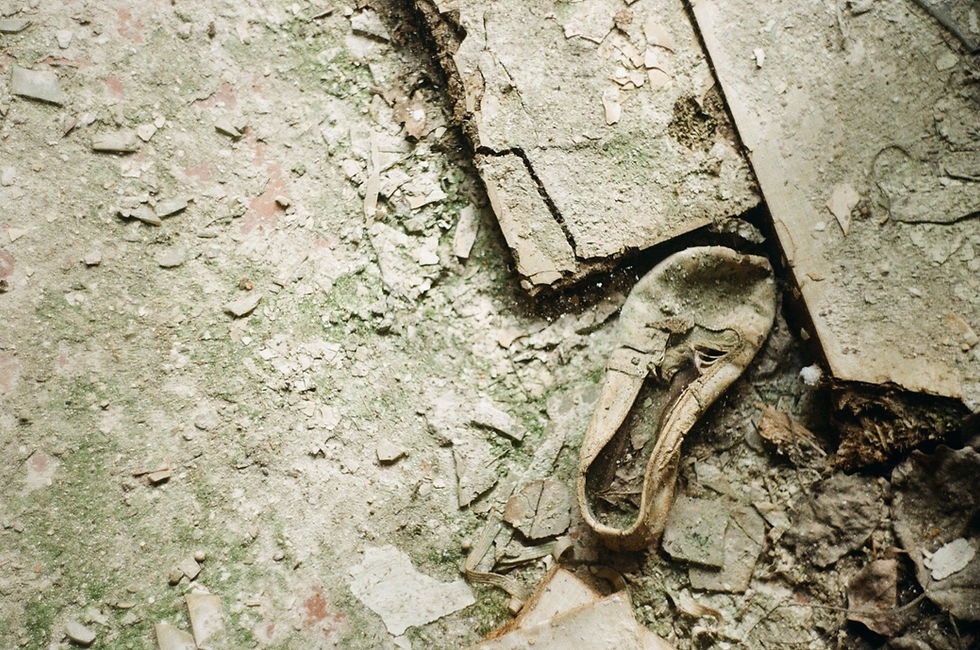A suicide bomber comes calling in Colombo,
- May 10, 2021
- 3 min read
INDO-PACIFIC STORIES
20 December 1999
CHRISTOPHER KREMMER reports for The Sydney Morning Herald

Manicured lawns stained with blood, the mangled remains of at least 33 people, plastic chairs scattered and upturned, and a President in hospital with doctors operating to extract shrapnel fragments from her face.
This is the grim portrait of election time in Sri Lanka, and although no-one has claimed credit for the suicide bomb attack that almost assassinated the President, Mrs Chandrika Kumaratunga, most analysts see it as the calling card of one man.
Hiding in the jungles of this island nation's north-east, Vellupillai Prabakharan, 45, has led the Liberation Tigers of Tamil Eelam, fighting for a separate homeland for the ethnic Tamil minority, in a 16-year-long civil war that has cost 60,000 lives.
He maintains a special suicide corps, the "Black Tigers",blamed for the murder of the Indian prime minister Rajiv Gandhi in 1991, the Sri Lankan president Ranasinghe Premadasa in 1993, and several other figures, including the Tamil moderate Neelan Tiruchelvam this year.
The Tamil Tigers never acknowledge responsibility for such attacks.
Mrs Kumaratunga, 54, dressed in a blue sari matching the campaign colour of her People's Alliance, had just stopped speaking in the final rally of a bitter election campaign before tomorrow's vote.
At 9.20pm, with light rain falling, she descended from the stage and was about to get into her limousine when an orange flash about 10 metres away convulsed the crowd. Her life was spared only because of the shield provided by the car.
The capital's deputy inspector-general of police, Mr T.N. da Silva, was among the dead, and at least three Cabinet ministers, including the Constitutional Affairs Minister, Professor G.L. Peiris, are in hospital. At least 110 people were injured
By launching an embarrassingly successful offensive against the Sri Lankan Army in recent weeks, causing hundreds of battle deaths, the Tigers had already indicated that they wanted Mrs Kumaratunga out of office.
After coming to power in 1994 she had tried the soft approach, calling a ceasefire and opening talks with the Tigers. But in 1995 the Tigers broke off the talks and launched attacks.
The President then sent Government forces into Jaffna, the northern centre of the proclaimed Eelam or Tamil homeland, and Prabakharan retreated with Tiger forces into the jungles of the island's north and east to fight on.
The hard military approach has long become a bloody stalemate, with the Tigers capturing and turning heavy weapons against the army.
Mrs Kumaratunga has been unable to advance a political approach to assure the Tamils of more civil and cultural rights, because of opposition by chauvinists among the Sinhalese majority.
The Tigers want talks with the Government mediated by a third party, such as the Commonwealth, on their demand for an independent Tamil state. Agreeing to this, however, would be political suicide for any Sri Lankan government.
Analysts believed the Tigers were hoping for a win by the right-wing Opposition leader, Mr Ranil Wickremesinghe, who has promised to reopen talks with them unconditionally not because the Tigers expected much progress towards settlement, but possibly to gain a breathing space in the fighting.
The bombing indicates that Prabakharan was not going to rely on the democratic process.
Ironically, the political impact could now work in favour of the injured President, with some analysts predicting a sympathy vote.
A second attack on Saturday night which police said followed the same pattern as the first, with a suicide bomber approaching the stage hit an opposition United Nationalist Party rally at Gael, about 30 kilometres north of Colombo, killing at least
11 people, including a former general, Lucky Algama.
Mr Wickremesinghe was not at the rally, but Mr Anura Bandaranaike the President's brother, who joined the UNP to oppose her candidacy had left shortly before the blast.
Senior police questioned how the bombers had managed to evade tight security at entrances to the rallies. Walk-through metal detectors that would have picked up the steel ball bearings packed inside the bomb harnesses worn by the attackers were not installed at either venue.
Aides bundled the President into her damaged, blood-spattered car, and rushed her to the intensive care unit of nearby Nawaloka private hospital, where doctors reportedly operated on an eye.
The Government's spokesman, Mr Arya Rubesinghe, said: "She is out of danger now." News reports said Mrs Kumaratunga had appealed from her hospital bed for the public to remain calm.
Jumpy, heavily armed police sealed off the hospital, and imposed a curfew, with armoured cars patrolling Colombo and police manning checkpoints and roadblocks.
The capital's hospitals went on a war footing to treat the injured.
At the site of the attack, stunned party workers stared in shock as police combed through the ghastly aftermath.
Arriving just after 1am yesterday, police Inspector-General Lakda Kodituwakku was led to an open area 20 metres behind the stage, where the partial remains of a woman believed to be the suicide bomber were found.
"I'm looking for my father," said one dazed young man as police led him away from the carnage.
-- Sydney Morning Herald


Comments